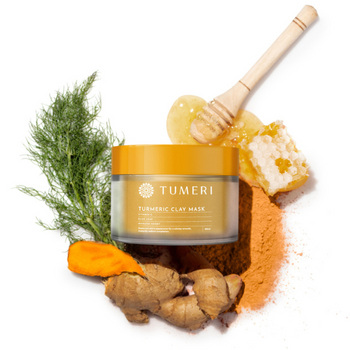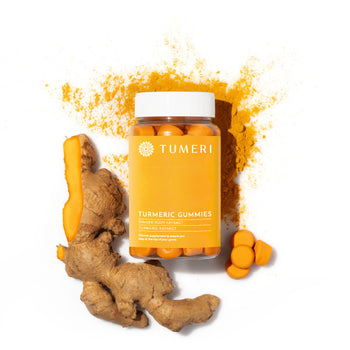Inflammation is often talked about in the context of chronic diseases, like cancer, heart disease and diabetes. But what is inflammation, exactly? And why should you care? In this blog post, we'll discuss what inflammation is, how it works and the negative effects it can have on your health.
Inflammation is a natural response of the body to injury or infection. When the body is injured, inflammation helps to repair the damage and protect against further harm. However, inflammation can also be harmful when it's chronic (long-lasting) or uncontrolled.
Chronic inflammation has been linked to a number of serious health conditions, including heart disease, cancer and diabetes. Therefore, it's important to understand what inflammation is and how you can control it.
Inflammation occurs when the body's white blood cells and chemicals are released into the bloodstream to fight an infection or injury. This release of white blood cells and chemicals causes swelling, redness and pain.
Chronic inflammation occurs when these immune responses stay active even after the initial injury or infection has healed. This can lead to inflammation in healthy tissues and organs, which can damage them over time.
There are a number of things that can cause chronic inflammation, including:
- Smoking
- Obesity
- Stress
- Poor diet
- Certain infections or illnesses
Fortunately, there are also a number of things you can do to control inflammation. These include:
- Eating a healthy diet
- Exercising regularly
- Getting enough sleep
- Managing stress
If you're concerned about inflammation, talk to your doctor. They can help you determine if you have inflammation and recommend treatment options.
While inflammation is a natural response of the body, chronic inflammation can be harmful to your health. By understanding what inflammation is and how it works, you can take steps to control it and protect your health.
The next time you hear someone talking about inflammation, you'll be able to join in the conversation armed with the facts. And who knows, you might even be able to help someone else understand inflammation better, too.
What other questions do you have about inflammation? Let us know in the comments below!




Leave a comment (all fields required)